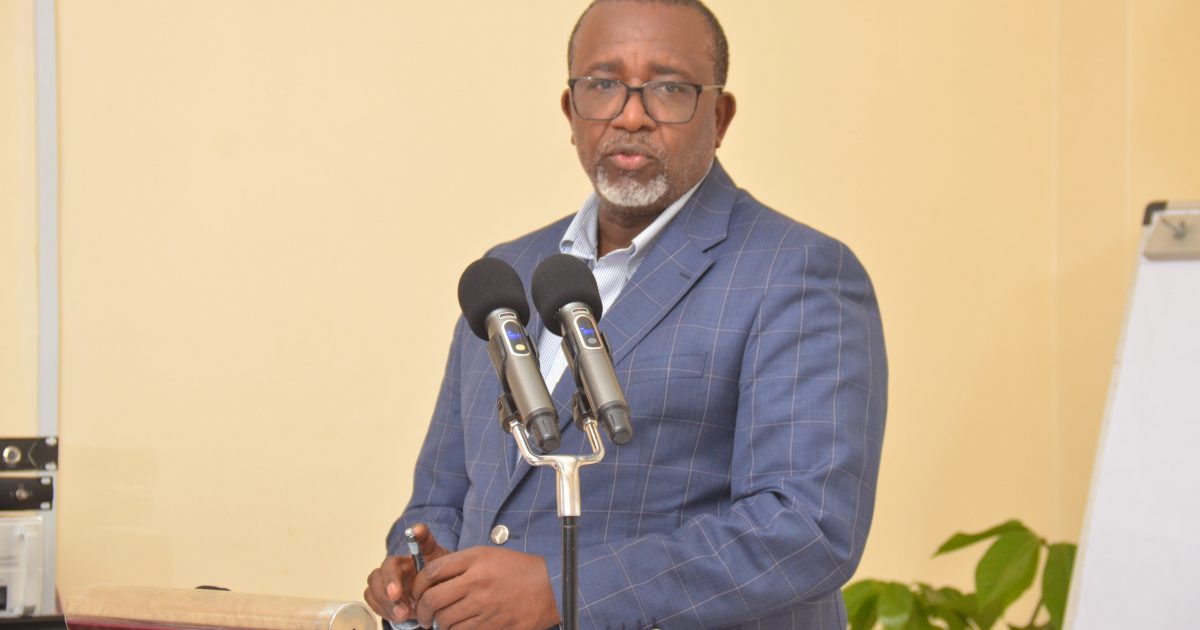Agriculture and Livestock Development Cabinet Secretary Mithika Linturi has called on Kenyans to actively play their roles to enable the government to achieve its economic plans.
Speaking in Meru County during the Medium-Term Plan IV (MTP IV) dissemination forums, CS Linturi said the government will only achieve its plans with all the citizens’ input in whatever sub-sector they were working on.
“The government has an elaborate plan for its citizens and this is what we came to tell you today. It is however paramount that everyone helps us in achieving them, without which we will not go far,” said Mr Linturi.
He said the Kenya Kwanza government’s main plan was to ensure that there was the creation of at least 1.2 million jobs per year, construction of affordable houses, construction of roads as well as balancing of the foreign exchange.
“For us to talk of a stabilised economy, we should ensure that we have balanced our exports compared to imports. As it stands, we are importing more than we export and this is what we are focusing to address,” said Mr Linturi.
He gave an example of rice where he said that the country requires 1.1 metric tonnes of rice per year but produces only 100,000 metric tonnes which means that the rest is usually imported.
“We want to expand exports of tea, and coffee and these will ensure that we bring in more foreign currency that we are taking out or at least balance it,” said Mr Linturi.
He commended tea farmers in the country adding that they have been able to increase their exports from Sh139 billion to Sh196 billion in the last six months.
He said the government was also keenly focussing on dairy and leather value chains which will not only create job opportunities for Kenyans but also bring in more foreign currency in terms of exports.
“We also want to increase our milk production from the current 5.1 billion liters to 11 billion liters and this will only be possible if we give our animals nutritious food.”
“On the government side, we are providing sex semen to change our dairy cow breeds as well as financing farmers to put up feed mills which can produce adequate feeds to their dairy cows,” said Mr Linturi.
By Dickson Mwiti




